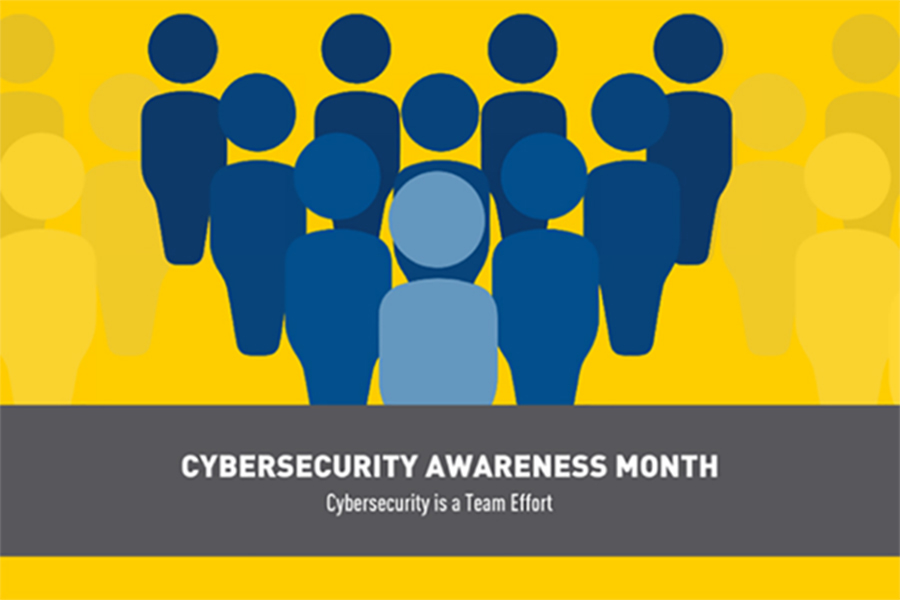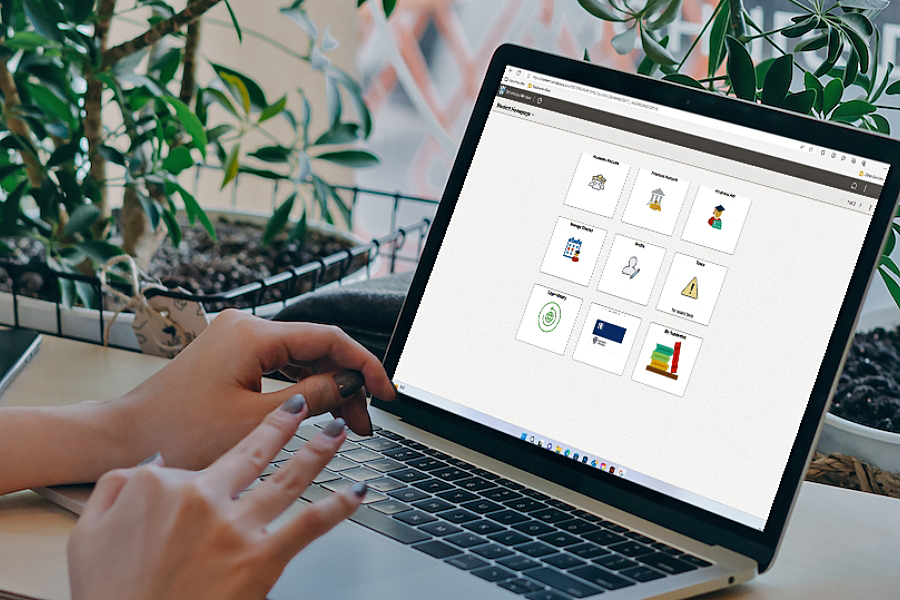
Phishing attempts rank as one of the most prevalent types of fraud — the most-reported in Canada in 2022, according to the Canadian Anti-Fraud Centre.
It takes many forms including email, text, call, and voicemail, all aiming to access an individual’s personal information. Vigilance is key in identifying phishing attempts and empowers the campus community to defend itself against would-be attackers.
Information Technology Services offers five tips to avoid getting phished:
- Evaluate the email or text request type.
- Examine the sender’s name and email address carefully for inconsistencies.
- Review the message for urgency or out of the norm solicitations.
- Check links found within the email by hovering over it.
- Beware of requests to access your computer.
Individuals should even use caution when responding to what looks like an internal email message or a reputable vendor. Hackers attempt to impersonate familiar people, to get you to let your guard down.
Suppose you think the message is legitimate, but have a suspicion. In that case, you should contact the sender through a different communication channel to verify the message. Do not respond to the potential hacker through the original message.
“We continue to help community members who experienced attempts to comprise their accounts,” says Marcin Pulcer, interim executive director of IT Services. “Hackers play the guise of providing a helpful service. It could not be further from the truth resulting in personal data and productivity loss. While these types of phishing attempts may seem on an individual level, the threat could lead to a campus-wide problem.”
MS Outlook offers a way to report phishing email attempts within the application. It is useful to report the message as it helps improve the effectiveness of filtering the nefarious messages to your Junk Mail folder. Otherwise, report the message to spam@uwindsor.ca.
Find examples of phishing messages on the Cybersecurity Awareness website to brush up your skills to prevent phishing attacks.
If you think you have had your UWin Account compromised, report it to the IT Service Desk at 519-253-3000, ext. 4440, and change your UWin Account password immediately.
Led by IT Services, Cybersecurity Awareness Month efforts highlight cybersecurity issues relevant to the UWindsor community. More information can be found at uwindsor.ca/cybersecurity.




